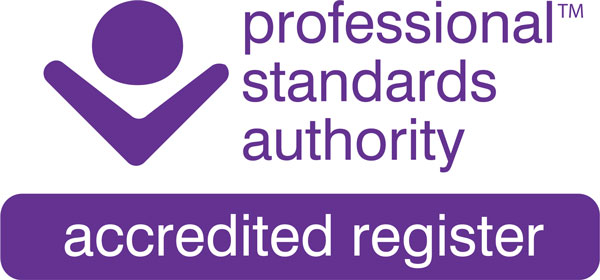Supervision Policy
Adherence to this supervision policy is a requirement for registration with the Human Givens Institute.
All HG therapists and trainee HG therapists are required to declare that they are practising and/or will practise in accordance with this policy when they apply to register, or re-register, with the Human Givens Institute.
Registered, Accredited and Senior Accredited Members (and any Fellow Members in private practice) also need to have an annually updated, written supervision agreement with an accredited HGI supervisor (see definition below) of their choice.
- Trainee Members
Trainee HG therapists who are seeing clients must receive supervision with an accredited HGI supervisor (see definition below) at a ratio of at least 1 hour of supervision to every 8 hours of therapy work undertaken with their clients. Whilst working towards their Practitioner’s Assessment (Part 3) at least one recording of the trainee’s therapeutic practice must be viewed by their accredited HGI supervisor, to help assess their progress. (Also see: Working towards Part 3.). - Newly-qualified Registered, Accredited or Senior Accredited Members
For the first 150 hours of therapy delivered after passing Part 3, newly qualified registrants should receive at least one hour’s HG supervision with an accredited HGI supervisor for every 15 hours of HG therapy they provide. - After 150 hours of practice post-registration
After the initial 150 hours of practice, the frequency of supervision sessions required is determined by the therapist’s professional judgement. However, a minimum of two supervision sessions per year must be undertaken with the supervisor designated in the agreement. The first of these sessions should include the contracting stage where the terms of the supervision agreement for the coming year are agreed. This enables the supervisor to gain an understanding of the supervisee’s prior experience, the nature and size of their current practice and, based on this, their supervision needs. Professional judgement on the need for supervision should be based on the following factors:- the degree to which a client’s problems are proving challenging to treat;
- where there is any uncertainty about how to address any risks of harm presented by clients;
- where ethical issues have arisen which require discussion and further clear thinking;
- the likelihood of benefits arising from discussing any other factors contributing to therapeutic efficacy.
Fully qualified HGI registrants with more than 150 sessions of HG practice who work within organisations which make their own arrangements for supervision are still required to honour an annually updated supervision agreement with an accredited HGI supervisor, if they wish to retain their HGI registration. If their therapy practice is confined to the organisation they work for, the burden of public protection, redress and proof of good governance falls upon the organisation rather than the Institute in the event of difficulties or complaints.
In the event of a complaint
In the event of a complaint being received about a therapist’s practice, the therapist’s use of supervision according to this policy will be taken into account when making any judgements about their exercise of professionalism and common sense.
Where a complaint has been brought forward against a Registered, Accredited or Senior Accredited Member, it is the task of an accredited HGI supervisor to offer emotional support to the registrant with whom she or he has a supervision agreement, unless the circumstances are such whereby this cannot reasonably be asked from the accredited HGI supervisor or the Registered, Accredited or Senior Accredited Member. In that case the accredited HGI supervisor should contact the RPSC co-ordinator to find another accredited HGI supervisor who can perform this role.
Dual relationships
The HGI advises against a trainee or a fully qualified therapist working with a supervisor with whom they have a prior relationship, including a prior therapeutic relationship, as doing is likely to affect the dynamics of the relationship and preclude the therapist from re-engaging in therapy with that supervisor if they needed to. However, specific circumstances may alter cases i.e.:
- where the therapy was a discrete piece of work (such as handling performance anxiety, a phobic response or processing a specific event) – rather than lengthier, wide-ranging work – and had resulted in a clear ending which occurred a significant time ago;
- pressing reasons why they need supervision from that specific therapist that alter/negate the concerns.
It must be made clear to the supervisee that, in such circumstances, they will have to find an alternative therapist should they need further therapeutic help in the future.
Membership renewals
When renewing their HGI membership, all HG therapists must submit proof that they have received the appropriate number of supervision sessions during the previous year.
Definitions
An HGI-accredited HG supervisor is a registered HG practitioner who has successfully completed the Human Givens College’s HG supervision training and is registered with the HGI, and listed on the register of accredited HG supervisors.
Notes
All applications to join the HGI’s Professional Register of fully qualified therapists, will be assessed by the HGI Registration Panel. The panel will also assess applications made by lapsed members wishing to re-join the Register. For details, please see the HGI Professional Register Policy.
Last reviewed: January 2025

